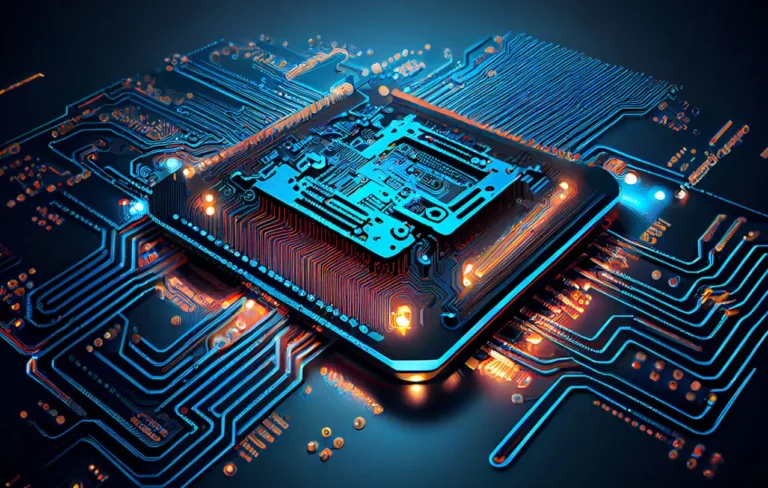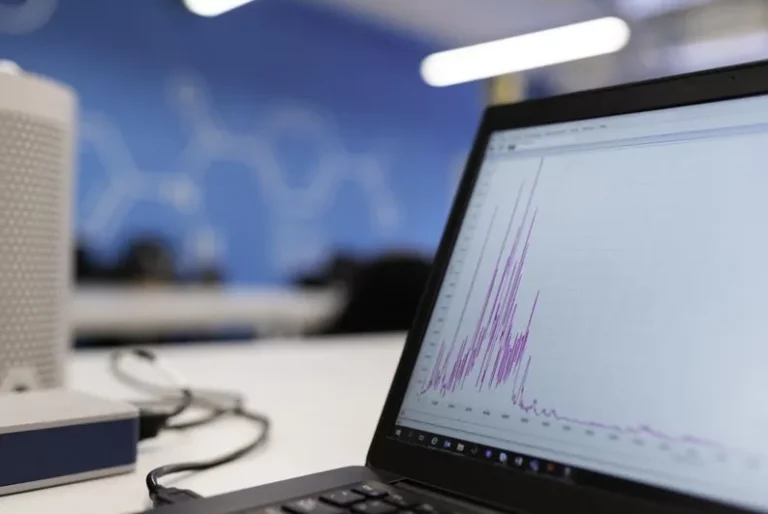The Future of Artificial Intelligence: How AI is Transforming Everyday Life
Artificial Intelligence (AI) is no longer a futuristic concept confined to science fiction novels. It has already embedded itself into our daily lives, shaping industries, improving efficiency, and enhancing convenience. From smart assistants to self-driving cars, AI is revolutionizing the way we live, work, and interact with technology. But what does the future hold for AI, and how will it continue to transform everyday life? In this article, we will explore the current advancements, future potential, and challenges that AI presents as it becomes an integral part of society.
The Current State of AI
AI has made remarkable strides in recent years, thanks to advancements in machine learning, deep learning, and neural networks. Today, AI-powered applications are prevalent across various sectors:
- Smart Assistants and Personalization
- Virtual assistants like Siri, Alexa, and Google Assistant use natural language processing (NLP) to understand and respond to human queries, making daily tasks more convenient.
- AI-driven recommendation algorithms personalize user experiences on platforms like Netflix, Amazon, and Spotify by analyzing user behavior and preferences.
- Healthcare and Medical Innovations
- AI-powered diagnostic tools help detect diseases such as cancer and diabetes with greater accuracy and speed.
- Robotic surgeries, virtual nurses, and AI-driven drug discovery are transforming patient care and treatment options.
- Finance and Banking
- AI algorithms are used for fraud detection, risk assessment, and automated trading, making financial transactions safer and more efficient.
- Chatbots and virtual financial advisors provide personalized banking solutions, enhancing customer service.
- Transportation and Autonomous Vehicles
- Companies like Tesla, Waymo, and Uber are developing self-driving cars, promising safer roads and reduced traffic congestion.
- AI-powered traffic management systems optimize routes and reduce travel times.
- Education and E-Learning
- AI-driven platforms like Duolingo and Coursera offer personalized learning experiences tailored to individual needs.
- Automated grading systems and intelligent tutoring programs enhance the efficiency of education systems.
- Retail and E-Commerce
- AI enhances customer experiences by analyzing buying patterns and predicting future trends.
- Chatbots and virtual shopping assistants improve customer service and engagement.
Future Prospects of AI
As AI continues to evolve, its future applications will redefine industries and daily experiences. Here are some of the most anticipated advancements in AI:
- Human-Level AI and General Artificial Intelligence (AGI)
- While current AI systems are designed for specific tasks (narrow AI), researchers are working towards developing AGI, which will possess human-like cognitive abilities, reasoning, and problem-solving skills.
- AGI could revolutionize industries by performing complex decision-making tasks beyond human capabilities.
- AI in Space Exploration
- AI-driven robots and autonomous systems will play a crucial role in space missions, enabling deep-space exploration, planetary colonization, and interstellar research.
- AI can assist in real-time data analysis, navigation, and autonomous operations for space probes and rovers.
- AI and the Future of Work
- AI automation will impact job markets, replacing routine tasks while creating new employment opportunities in AI development, data analysis, and cybersecurity.
- Companies will adopt AI-powered systems to enhance productivity, optimize workflows, and improve decision-making processes.
- AI in Smart Cities
- AI-driven solutions will transform urban planning, traffic management, and energy consumption in smart cities.
- AI-enabled surveillance and security systems will enhance public safety, crime prevention, and emergency response.
- AI in Climate Change and Sustainability
- AI can analyze climate data, predict weather patterns, and develop solutions to mitigate environmental risks.
- Smart energy grids, AI-driven waste management, and sustainable agriculture practices will contribute to a greener future.
- AI in Creative Arts and Entertainment
- AI-generated music, art, and literature are gaining popularity, with AI-created paintings selling for thousands of dollars. Similarly, with an AI slide presentation, businesses and educators can create visually compelling content effortlessly.
- AI-powered video editing and animation tools will revolutionize content creation in the entertainment industry.
Challenges and Ethical Concerns
Despite its potential, AI presents several challenges and ethical concerns that must be addressed to ensure responsible development and deployment.
- Bias and Discrimination
- AI algorithms can inherit biases from training data, leading to unfair outcomes in hiring, law enforcement, and healthcare.
- Developers must ensure diverse and unbiased datasets to promote fairness and inclusivity.
- Privacy and Data Security
- AI systems rely on vast amounts of data, raising concerns about data privacy, surveillance, and cybersecurity threats.
- Strong regulations and ethical guidelines are needed to protect user data and prevent misuse.
- Job Displacement and Economic Impact
- While AI creates new job opportunities, it also poses a risk of job displacement in industries relying on manual labor and routine tasks.
- Governments and organizations must focus on reskilling and upskilling the workforce to adapt to the changing job landscape.
- Existential Risks and AI Control
- As AI becomes more autonomous, concerns arise about its ability to operate beyond human control.
- Ethical AI development frameworks and regulatory oversight are crucial to prevent potential risks associated with superintelligent AI.
Conclusion
The future of AI holds immense potential to revolutionize various aspects of life, from healthcare and education to transportation and entertainment. While AI continues to shape the world in remarkable ways, it is essential to address its ethical challenges, ensure responsible AI development, and create policies that promote fairness, transparency, and security.
As AI technology advances, society must strike a balance between leveraging its benefits and mitigating its risks. The coming decades will witness AI-driven innovations that redefine human existence, making life more efficient, sustainable, and interconnected. By embracing AI responsibly, we can create a future where technology enhances human potential while preserving ethical values and social well-being.







